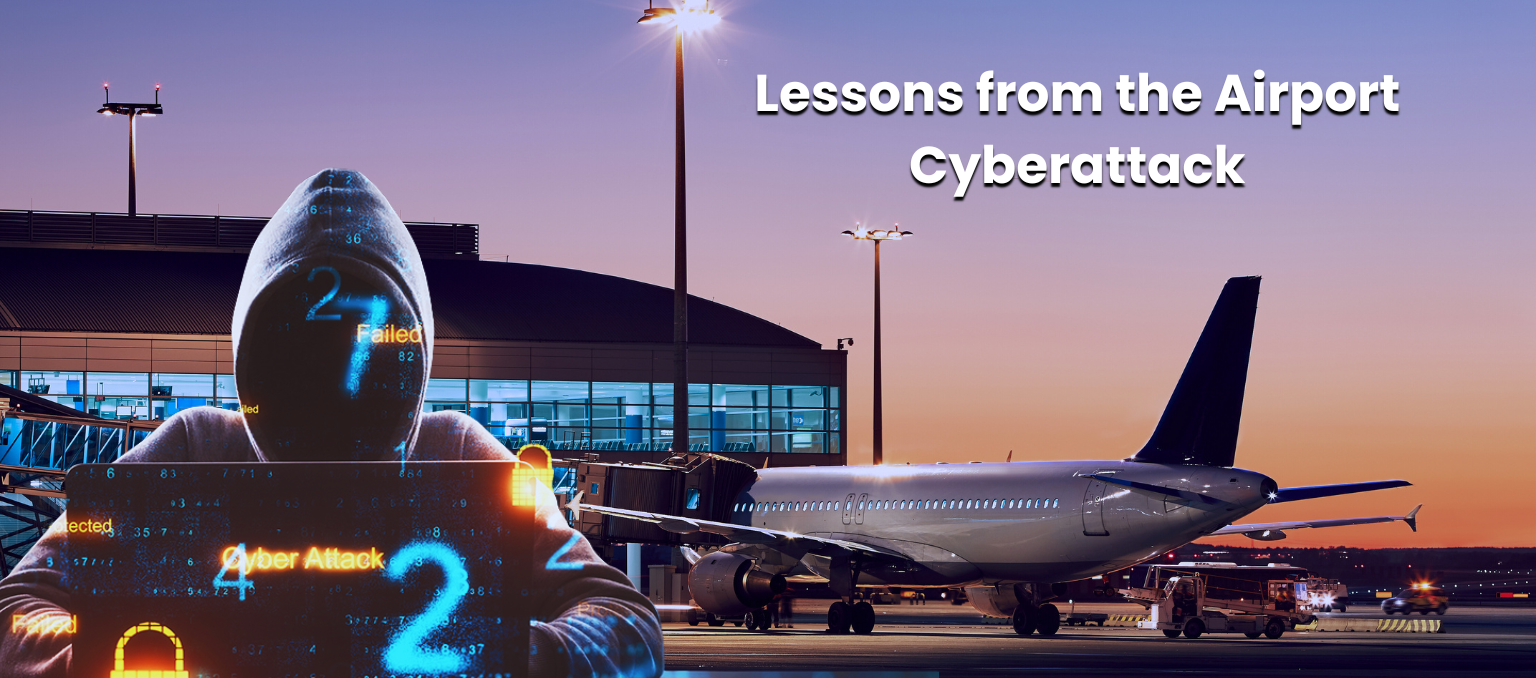The recent cyberattack that crippled major airports worldwide was more than a headline—it was a wake-up call. It showed how automation, the very engine that keeps critical operations running, can also be the weakest link when not adequately secured and tested.
Airports depend on automated scheduling, baggage handling, and air traffic systems. When these break, flights are grounded, passengers are stranded, and economies feel the impact. The same principle applies to enterprises running on Microsoft Dynamics 365 Finance & Operations (D365 F&O).
Why Automation Is ERP’s Hidden Risk Surface
In D365, automation isn’t a “nice-to-have.” It drives:
- Batch jobs for invoicing, inventory sync, and financial close.
- AI-powered Copilot recommendations for procurement, planning, and forecasting.
- Cross-app workflows across supply chain, commerce, and finance.
But here’s the catch: automation can silently fail. And when it does, damage is often discovered too late. A missed invoice run, a faulty revenue recognition job, or a compromised integration script can erode trust, disrupt cash flow, and expose businesses to compliance risk.
The Crestech QA Lens: Automation Testing Beyond Basics
At Crestech, we treat ERP automation as a mission-critical asset. Our QA approach is designed not just to confirm “it works,” but to ensure it works reliably, securely, and under stress.
Here’s how we do it:
- 🔄 Recovery & Failover Testing – Simulating failures to validate that batch jobs restart predictably and without data loss.
- 📊 Performance Under Stress – Ensuring automation scales with high transaction volumes and peak loads.
- 🔒 Security-First QA – Verifying automated workflows are resilient against tampering, breaches, or malicious triggers.
- 🤖 Copilot Trust Checks – Testing AI-driven automation for accuracy, transparency, and explainability.
The Business Continuity Imperative
Cyberattacks highlight one truth: resilience isn’t built on firewalls alone. It’s built on tested, trusted automation.
For enterprises on D365, QA must evolve from “bug detection” to business continuity assurance. The goal isn’t just to prevent outages—it’s to preserve trust with customers, regulators, and stakeholders.
Takeaway:
Automation can be your biggest competitive advantage—or your greatest vulnerability. The difference lies in how rigorously you test it.
At Crestech, we make sure D365 automation is not just efficient, but resilient. Because in today’s world, when automation fails, business stops.


